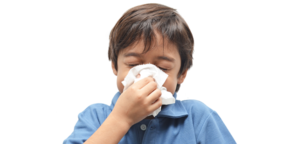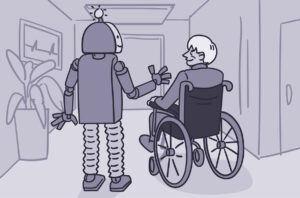- Hypertension in older persons
- BP goal for people > 60 is < 150/90
- Preferred antihypertensive drugs
- Thiazide diuretic
- Calcium channel blockers
- ACE inhibitors or ARBs
- Caution use of NSAIDS
- Hypertensive crisis
- SBP >180 mmHg and/or DBP >110 mmHg
- Hypertensive urgency
- Develops over hours to days
- May not require hospitalization
- Hypertensive emergency
- Very severe problems can result if prompt treatment is not obtained
- Hypertensive urgency
- Rate of rise more important than absolute value
- Causes of hypertensive crisis
- Exacerbation of chronic hypertension
- Renovascular hypertension
- Preeclampsia, eclampsia
- Pheochromocytoma
- Drugs (cocaine, amphetamines)
- Monoamine oxidase inhibitors taken with tyramine-containing foods
- Rebound hypertension (from abrupt withdrawal of some antihypertensive drugs such as clonidine [Catapres] or -blockers)
- Head injury
- Acute aortic dissection
- Clinical manifestation
- Hypertensive encephalopathy
- Headache, nausea/vomiting, seizures, confusion, coma
- Renal insufficiency
- Cardiac decompensation
- MI, HF, pulmonary edema
- Aortic dissection
- Hypertensive encephalopathy
- Nursing and interprofessional management
- Hospitalization
- IV drug therapy: titrated to MAP
- Monitor cardiac and renal function
- Neurologic checks
- Determine cause
- Education to avoid future crisis
- Hospitalization
- SBP >180 mmHg and/or DBP >110 mmHg
Role of Nursing Personnel
- Registered Nurse (RN)
- Develop and conduct hypertension screening programs.
- Assess patients for hypertension risk factors and develop risk modification plans.




